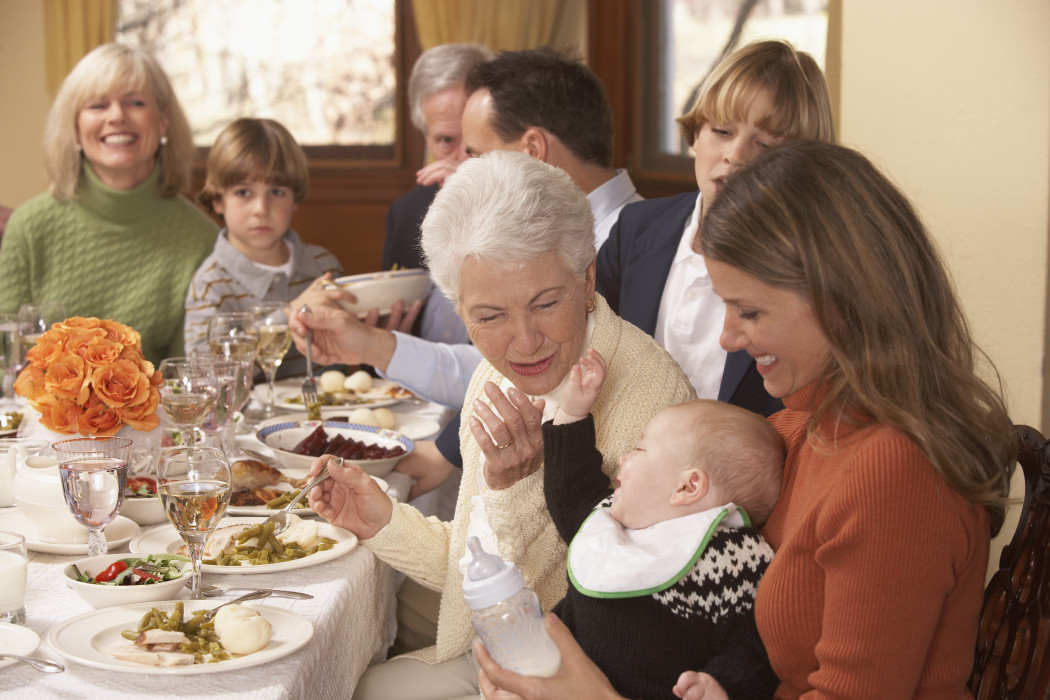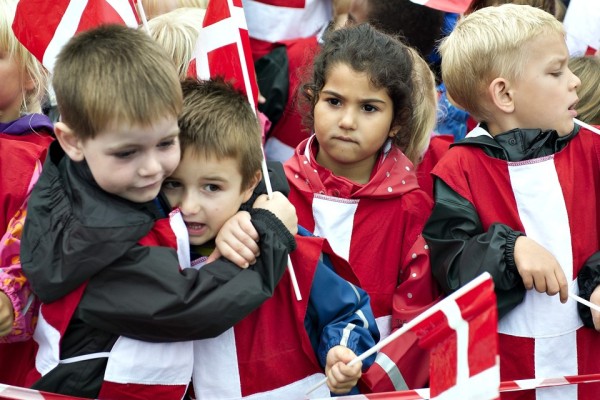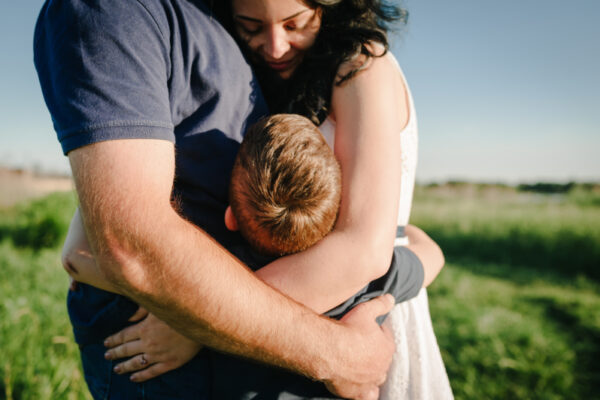How many times have you been at a family gathering and some kind of drama erupts? There is a big discussion, some negative words, some accusations or judgments and you leave feeling pretty upset about family gatherings? What if there was a way to change all of that? What if there was a way to guarantee a drama free family gathering. Could it be possible?
So many people who have read The Danish Way of Parenting say they particularly enjoy the chapter about “hygge” pronounced “hooga”. Hygge is a very difficult concept to explain to non Danes. Some say it means cozy, homey, snug or comfortable. But this doesn’t really cover the many facets of hygge and why it is so important.
Hygge is a verb as well as an adjective. It is a feeling as well as a state of mind and it even has moral implications. Children in Denmark grow up learning how to hygge because it is seen as so essential to a good life. Right now there is a college class in the UK that is teaching “hygge” because it is such a powerful factor for happiness in Denmark. And it is. But it isn’t only because of the candles, the nice food and the cozy atmosphere. Hygge is about something much deeper. It is about the power of presence and really connecting to others in a drama free way. It is focusing on what is really important-being together.
Feeling connected to others gives meaning and purpose to all of our lives and is proven to increase oxytocin levels and make people feel happier. There is a mountain of research to support this. Feeling truly connected, even for small periods of time, can increase feelings of wellbeing.
At hygge sig (to cozy around together) is like going into a safe place where it is understood that the power of presence is paramount. Because Danes are raised with hygge they know what the rules are without having to talk about them. And they all work together as a team to make hygge happen.
So what are some of the unspoken rules that make hygge work so well? It might help to visualize a door that opens into a moment. That moment is the hygge time. When you step into this moment you and everyone else must take off your daily masks and leave the drama at the door. Hygge is a safe place where no one tries or wants to be better than anyone else. That would not be hyggeligt. It’s a place to just be together with nothing to prove. The cozier this space is the better. The important thing is that everyone feels comfortable. That is why atmosphere is so important. But atmosphere is only one aspect. Here are four little known rules that can make hygge work for your family.
- Come as you are. Be yourself. Your real self. Let your guard down. Trust. You won’t be attacked on hygge turf and you won’t attack others in turn. When we strip ourselves of trying to prove something we can all connect in a much more real way. Competition (boasting or pretense) and trying to be in the spotlight are not bonding but rather subtly dividing.
- Forget the controversy. If your topic is too personal and serious, divisive or controversial it probably isn’t hyggeligt. Hygge is about a balanced ebb and flow of discussion in a lighthearted way. The focus is the moment and being in the moment. We have plenty of time in our everyday lives to argue and debate and experience drama but hygge is about enjoying the food, the company and not getting caught up in things that take away from that. Thus, complaining, heavy negativity, judging and arguing are not allowed in the hygge space.
- Think of yourself as a team member. Everyone sees what they can do to contribute without being asked. This makes the whole team flow better and no one gets stuck doing all the work. This adds to the ability to feel the moment because it flows as one. When everyone works together in preparing, serving, pouring and conversing then hygge is in full bloom. But everyone has to understand that they are part of that team. The key is-this is “we time” not “me time”.
- See hygge as a shelter from the outside. Hygge time is about providing a temporary shelter from social climbing, networking, competition and materialism. A place where everyone can relax and open their hearts without judging, no matter what is going on in their life. For better or for worse, this place is sacred and problems can be left outside. This is special because it allows for families and friends to always be able to connect in this space without fear of judgment.
- Remember it is time limited. Making hygge can be challenging for a non -Dane. No one taking center stage, no one bragging or complaining, no one being too negative and everyone trying to be present without arguing? This is hard to do for a lot of families! But the payoff is enormous. It feels incredible to share these drama free moments with those you care about. If you realize that it is only for a dinner or a lunch or a limited period of time, it makes it much easier to really try and enjoy that moment. Your drama and problems will be waiting for you outside hygge’s door when you leave. But for a little while they can wait outside for the sake of something bigger.
As the saying goes….”when we replace “I” with “we”, even illness becomes wellness. “ It’s worth trying because it really does work.






A Slice Of Life - The Dixon Family - J S Coates Wedding Photography
[…] and after having it explained and witnessing it, I’m hooked. Totally adopting it in my house now. This article explains it better than I could however, it pretty much boils down to quality and cozy family time with no […]
Mary Christensen.
So positive- what a Blessing.
Denmark lost in handball last night, bad communication in our government is making us look bad in the world, we are not making EU work like it should, our school reform is not being given a fair chance to Work.
I feel better after reading “Hygge”. Back in the fight for a better world.
Isabel Blyth
Absolutely lovely article. I love the idea of Hygge especially as the coziness transfers well to our dark Scottish winters, although I know it is much more than that. I am hoping to get a copy of the book The Danish Way of Parenting, but it seems difficult to purchase in the UK unfortunately.
Roslyn Ross
The interesting thing about this is that it is how our generation was brought up and generations before, pretty much everywhere. It was how I was brought up and how I brought my kids up.
It is not Danish, it is simply common sense, courtesy and respect for family and the understanding that relationships may always be complex, may never be deep and meaningful, even if they once were, may never be easy, but that family matters and when you come together you do so with the aim of being considerate and cordial.
There may never be resolution or full healing or even deep understanding, but there can always be kindness and harmony.
It is about accepting the limitations and complexities of relationship because it is family. It is about remembering to take nothing personally, even when it is meant personally, and remembering that memories, history, love and family go very deep and do matter, even when Like may be missing; even when hurts may be real and profound; even when everyone is terribly and wonderfully imperfect and flawed. smile emoticon